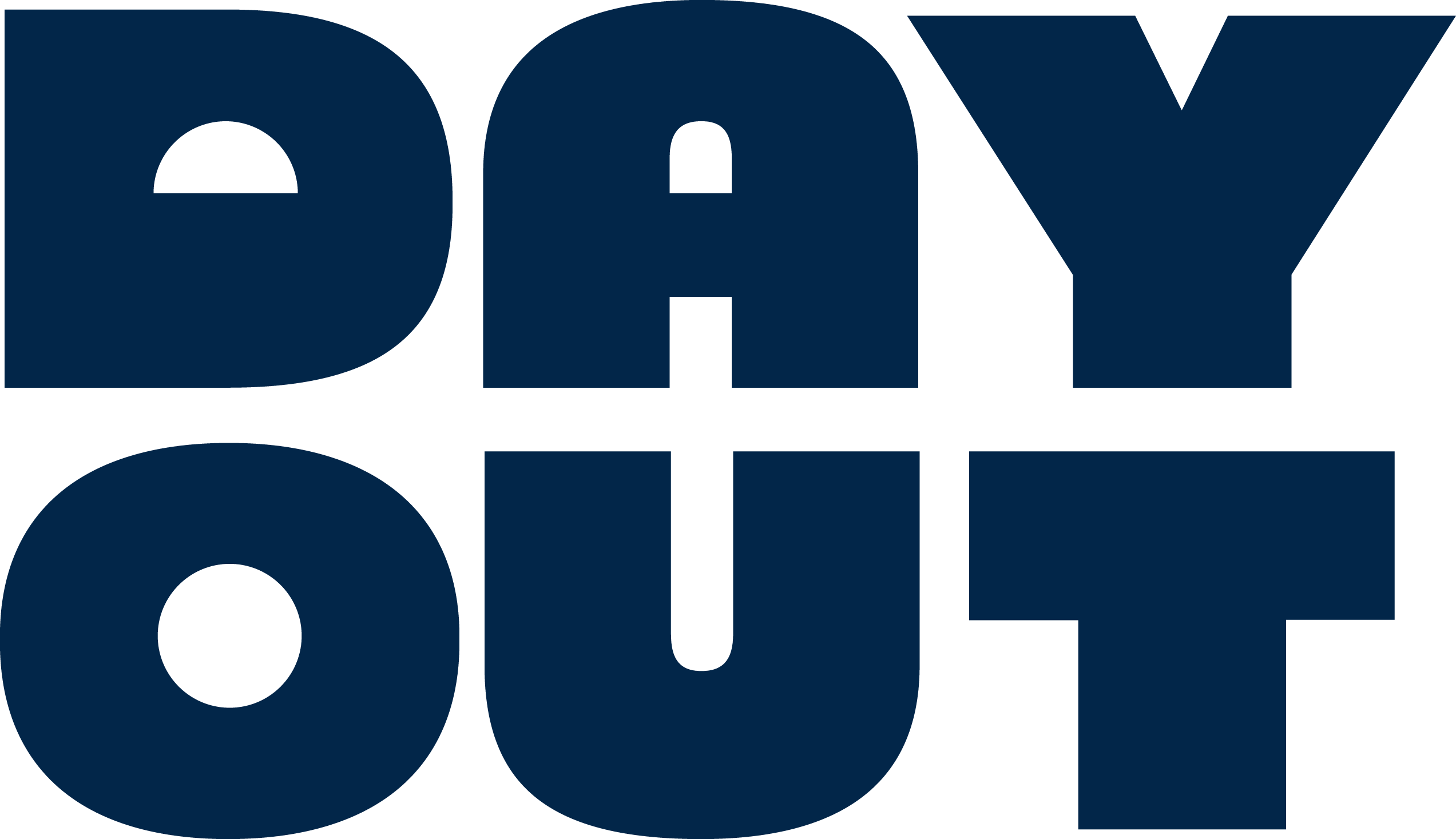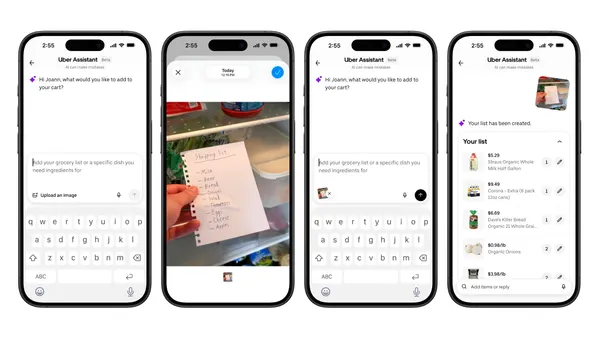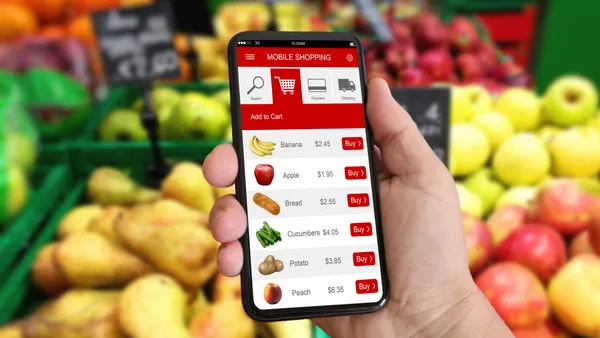Dive Brief:
- Stop & Shop intends to close seven e-commerce fulfillment facilities in four states during the coming weeks as the Northeastern grocery chain moves ahead with a multiyear effort to boost its performance, a spokesperson confirmed.
- The warerooms, in Norwalk and Windsor, Connecticut; East Northport and Riverhead, New York; Revere and Whitman, Massachusetts; and North Providence, Rhode Island, will cease operations at unspecified times this fall.
- The announcement follows Stop & Shop parent Ahold Delhaize’s announcement earlier this month that its e-commerce operations have become profitable on a fully allocated basis.
Dive Insight:
The spokesperson said the “difficult decision” Stop & Shop made to shutter the facilities would not adversely impact its ability to provide grocery pickup and delivery to shoppers, adding that the retailer believes it will be able to offer improved e-commerce service after the warerooms go dark.
“[W]e look forward to delivering an even better omnichannel customer experience with more options for same-day pickup and delivery, plus an even broader assortment of products,” the spokesperson said in an emailed statement, without providing specifics.
The spokesperson said that “the vast majority” of the workers at the facilities will be offered other jobs at Stop & Shop, noting that the company is working with union officials to determine options for the remaining employees currently assigned to the warerooms.
The closures reflect a broader effort by Ahold Delhaize to boost e-commerce efficiency at its U.S. banners by depending on associates at individual stores to fulfill online orders instead of relying on dedicated fulfillment centers.
Last fall, The Giant Company said it would shift away from using a wareroom in Camp Hill, Pennsylvania, to fulfill delivery orders and would instead rely on store-level employees to assemble them. That change followed a decision in 2023 by Giant Food to close three regional e-commerce distribution centers as it shifted to what a spokesperson called a “localized fulfillment model.”
Ahold Delhaize has also tapped what CEO Frans Muller described during the company’s second-quarter earnings call as “very strong” relationships with third parties like DoorDash and Instacart. Those companies now handle about 40% of the Dutch grocery company’s online business in the U.S., and their share is “growing fast,” Muller said.
Over the past year, Stop & Shop has taken other steps to strengthen its business model aside from adjusting its approach to handling online orders, including closing more than 30 underperforming stores and reducing prices for a wide range of products at selected stores. Earlier this month, Stop & Shop, which runs more than 350 supermarkets across five states, launched a new brand campaign that emphasizes value messaging.
Catherine Douglas Moran contributed reporting.














